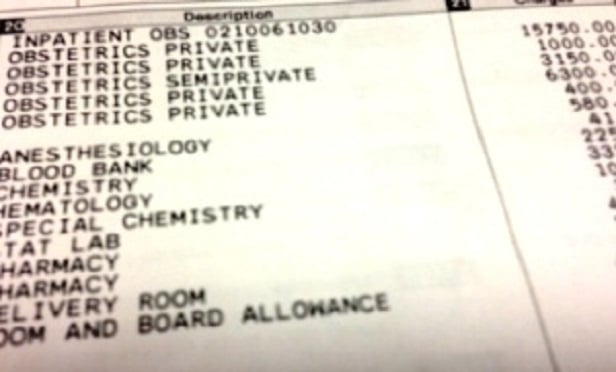 (Image: Allison Bell/TA)
(Image: Allison Bell/TA)
The issuers of the individual major medical plans sold through HealthCare.gov rejected about 19 percent of the 187 million in-network health care claims they received in 2017, according to a new analysis released by the Henry J. Kaiser Family Foundation.
A team of analysts led by Karen Pollitz found that claim rejection rates for specific issuers ranged from 1 percent up to 40 percent.
Related: Insurers returning to pre-ACA profitability
The analysts came up with those figures by analyzing public use data files created by HealthCare.gov plan issuers and posted on the web by the Centers for Medicare and Medicaid Services (CMS).
CMS is the arm of the U.S. Department of Health and Human Services that runs HealthCare.gov. HHS set up HealthCare.gov to provide Affordable Care Act (ACA) exchange account setup and administration services for states that are unwilling or unable to provide all of those services themselves.
Details
In the HealthCare.gov states, 2017 exchange plan in-network claim denial rates ranged from 7.6 percent, in Oregon, up to 41 percent, in Kentucky.
For 40 issuers, the 2017 denial rates was under 10 percent.
For 12 issuers, the 2017 denial rate was over 30 percent.
The analysts also had data on 98 HealthCare.gov stand-alone dental plan issuers, and those issuers denied 25 percent of the in-network 712,671 in-network claims they received in 2017.
“The data show that consumers rarely appeal denied health insurance claims, although appeals data are also very limited,” the Kaiser analysts write. “For example, data do not show appeals by type of service, or dollar value involved, or based on the reason for the denial. Data on external appeals also do not indicate differences in the type of appeals process applied.”
Limitations
Because of the nature of the data source, the main analysis includes no data on 2017 claim denial rates for California, the District of Columbia or the 10 other jurisdictions with locally run Affordable Care Act (ACA) exchange programs.
The analysts also have no 2017 claim denial information for off-exchange plans or group health plans, aside from a few group health plans sold through the ACA exchange system.
Connecticut's data
The analysts were able to get somewhat comparable claim data for health insurers of all types in Connecticut.
The Connecticut claim information, which includes off-exchange plans and insured group plans as well as ACA exchange plans, shows that carriers there rejected 16 percent of the 14 million claims submitted there in 2017. Connecticut issuers' claim denial rates ranged from 8.5 percent to 24 percent.
About 13 percent of the denials were for duplicate claims, 16 percent because of incomplete information, and 13 percent because the claimant was not believed to be an eligible enrollee or dependent.
In Connecticut, about 9 percent of the denials were due to the insurer saying the claim was for a non-covered service, and 1 percent were due to the insurer saying the service provided was not medically necessary, according to the Kaiser analysis.
Resources
The Kaiser report is available here.
The transparency in coverage data file, which is small enough to be read with an ordinary spreadsheet program, is available here.
Read more:
- Opposing Trump actions bring more uncertainty to ACA marketplaces
- Insurers reporting strong profits on Obamacare plans
- Understanding the evolution of health insurance in a post-ACA world
© 2025 ALM Global, LLC, All Rights Reserved. Request academic re-use from www.copyright.com. All other uses, submit a request to [email protected]. For more information visit Asset & Logo Licensing.







